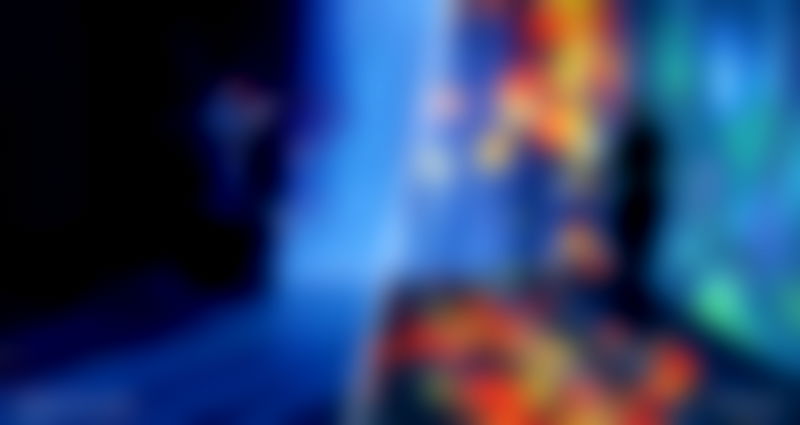Tokyo-based TeamLab sues Los Angeles Museum of Dream Space for copying their artwork



By Bryan Ke
TeamLab, a Tokyo-based art collective, has sued the Los Angeles-based Museum of Dream Space (MODS) for copyright violation of two of TeamLab’s past exhibits.
In the lawsuit, which has been ongoing for the past two years, TeamLab accused MODS of closely copying their 2015 exhibit “Crystal” and the 2017 art exhibit first displayed at Pace London on March 1, 2017, “Boundaries.”
The Japanese digital art museum argued that MODS copied the two exhibits’ “use of multicolored flowers flowing across the ground, the streams of light/water cascading down the wall and onto the ground, and the interactivity of the work responding to the user’s proximity to the exhibit.”
TeamLab also said, “Both works also contain artwork flanking either side of the waterfall giving off the appearance of outer space or stars.”
In filings made this week, MODS argued that TeamLab has no grounds to sue in the United States, as the museum has no copyright registrations in the country. MODS further pressed that if the Japanese art collective had registered its copyright in the U.S., the elements that were purportedly copied are “either not original to teamLab, not protectable, or both.”
TeamLab then pushed back on MODS, saying the Japanese company has the right to sue in the U.S. because Japan and the U.S. are parties to the same international convention that protects the copyright of artworks.
MODS also raised the question of whether an ever-changing work of art can be copyrighted at all. Using “Boundaries” as an example, the Los Angeles museum argued the 2017 art exhibit has “a significant interactive aspect that changes the work every time a viewer walks through it” that rendered it “ever-transforming.”
Mohammad Khan, a solicitor for intellectual property law firm Briffa, explained to Euronews that there are still difficulties with trying to protect immersive artwork. He explained that for infringement to occur, the infringing party must “have had an opportunity to copy and must have copied the whole or a substantial part of the work.”
“As MODS is putting forward in their defense, copyright protection is targeted at the expression of an idea and not the idea itself,” Khan continued. “Given that immersive art is rapidly evolving, artists are finding inspiration from one another, and viewers are bound to find similarities in certain works. Whether those similarities are a simple inspiration or a direct infringement is the complex question that is a challenge for immersive art experiences and artists to prove.”
MODS, reportedly founded by a U.S. subsidiary of Beijing tech company Dahooo, which also produces light shows and 3D maps, lost a court battle last month over its use of a TeamLab picture posted on its social media accounts. The Los Angeles museum acknowledged it had posted the photos but denied it used them to defraud or confuse customers.
The court also agreed with TeamLab’s claim that the messages between Dahooo CEO Charles Chang and social media consultants who posted the Japanese art collective’s photos online had been inappropriately deleted.
Dahooo representatives asserted that the messages on its Telegram and WeChat were either self-destructed or deleted by certain employees who had vacated their positions.
A hearing for TeamLab and MODS’ request for a summary judgment in early April is scheduled for June 10. The case will go to trial in August if the two museums fail to settle or no judgment is made.
Founded by five friends in 2001, TeamLab has become a massive success following its opening in Tokyo in 2018.
Share this Article
Share this Article